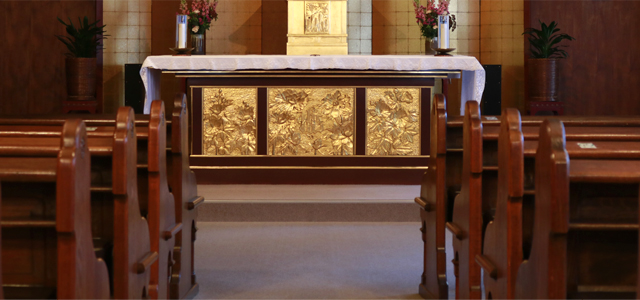
Catholic Q&A
I can understand Christians calling for the separation of Church and state on the occasion of the Daijosai Festival (the Great Thanksgiving Festival Service after the enthronement of an emperor), but why do they oppose the Emperor System itself? Is the Emperor System incompatible with Christian faith?
This is another issue that has been complicated by a variety of factors. Even among the Christians there can be many different ways of thinking. As the current constitutional emperor system does not at least in theory deify the emperor or enforce Shinto as a state religion, it cannot be said to directly contradict the Christian faith. Even among Catholics there are many who have a deep reverence for His Imperial Majesty the Emperor. In the Greek Orthodox Church, according to ancient traditions it is customary to pray for the emperor during the liturgy.
However, the emperor system has an ill-fated past. It was used as an ideology for militarism, and we cannot rule out the risk of the same thing occurring again in the future. Japan invaded and harmed its Asian neighbors in the emperor’s name, and the wounds inflicted on the people of those times have yet to heal. Also, even now the emperor system has an inclination to lead to nationalism. Is there not a tendency perhaps lurking at the back of our minds, that goads us to think of Japanese as a race superior to people of other Asian nations and to ostracize them? If that be so, it conflicts with Christian faith, since Christianity believes that God is the Father of all mankind, and we are brothers and sisters who are all invited into the fellowship of the Son of God.
Even assuming Christian Churches had close ties to those in power all through history, and even if they are still inextricably linked to state events in some Christian nations, that does not warrant our deducing that ties to political power do not conflict with the essence of Christianity. Also, by the same token, just because the emperor system is Shinto in color and not favorable to Christianity, that does not warrant our inferring that it is contrary to Christian faith. Rather, we need to reflect more deeply, in the spirit of the Gospel. The Gospel of Christ is oriented towards a new people of God, not by blood or ethnicity but by faith. People are not chosen by God because of their bloodline, nor is a person considered superior before God because of his or her ethnicity. These are perspectives that should not be overlooked when considering the emperor system.
